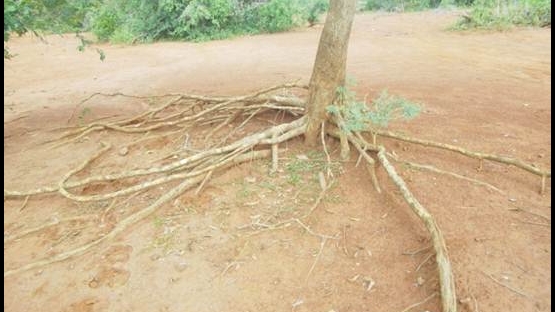Soil is essential for the environment, playing a central role in preserving biodiversity, supplying food, securing clean water and mitigating climate change. However, over farming and poor agricultural practices, coupled with factors, such as forest clearance, are increasingly leaving once fertile soils infertile. Soil degradation poses a threat to farmers' livelihoods as well as to the world's food supply. Observed each year on 5 December, World Soil Day marks the importance of soil for a sustainable future.
The IAEA, through its technical cooperation (TC) programme, plays an important part in global efforts to protect this essential resource. By using isotopes, the IAEA helps countries gain vital information about the condition of soil, which can help them to improve soil management practices, and enhance soil health and productivity. Isotopic techniques can be used to determine the rates of soil loss, track the movement of water and nutrients in the soil, and estimate soil erosion. Policy-makers can use this data to formulate viable soil conservation policies to protect and even recuperate soil.


